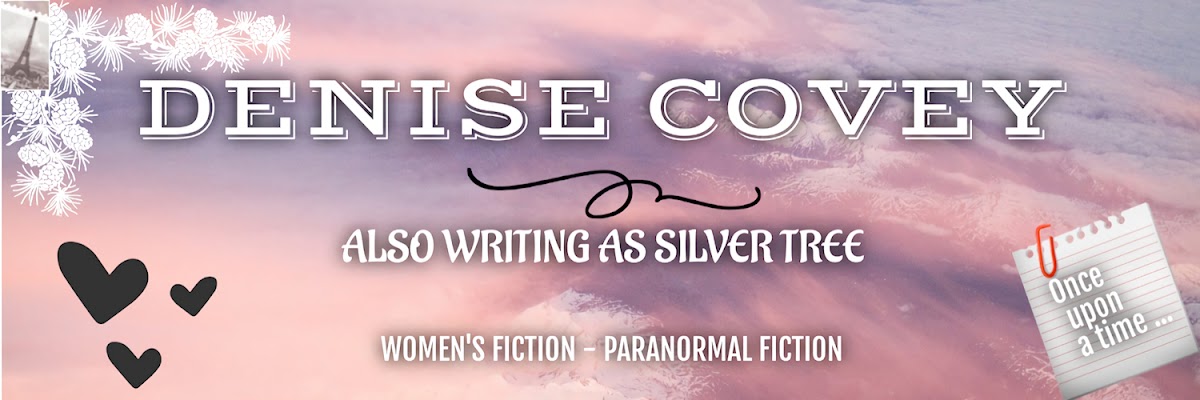Instead of being a sniveller, I thought I might write something helpful this month. I aimed this post at mainly newbie writers as the rest of us know all there is about editing, right? Right!
If you get to the end of the first draft you've already done what many others only talk about doing - you've written a novel!
(Jessica Strawser, ed. Writer's Digest)
A lot of us are using the 'I'm busy editing' line to duck blogfests, avoid cooking meals or loading the dishwasher and myriad other demands on our writing time, but there are many beginning writers out there who must wonder what all this 'editing' is about. As one who is busy 'editing' my first and second novels and working on collating a short story collection before I begin writing my third novel during NaNoWriMo, I've picked up a few hints from Critique Partners and how-to books that I'd like to share with the new kids on the block, er, blog, like an quick Editing 101 course.
REVISION AND SELF-EDITING (hey, try these before you send your little darlings off to your Beta Readers and Critique Partners...)
1. Please don't use two words if one will do. I have a penchant, a tendency to do this:
Example: Lexie stared at the horrible, slithering mass of snakes.
Try: Lexie stared at the writhing mass of snakes.
2. Use Active Voice (this drives your prose like a Formula One machine.) I have an overwhelming preference for Passive Voice, a pedestrian crime I must discontinue.
Example: There were a great number of dead bodies lying on the ground.
Try: Dead bodies littered the ground.
3.
Be careful of Parallel Construction - making sure your verb tenses, uniting phrases and whatnot are aligned. Don't forget the Rule of Three (well,
that excellent on-going blogfest too!.)
Example: The vampire bared his teeth and then, raising his claws to sharpen them, he stood licking his chops. 'Gotcha!' he said with a grin.
Try: The vampire bared his teeth, sharpened his claws and licked his chops*. 'Gotcha!" he said with a grin. (*Nice use of Rule of Three.)
4. Replace adjectives and adverbs with vivid nouns and active verbs (strong verbs, concrete nouns)
Example: Since the day Merrie met the werewolf, she felt very scared and frightened.
Try: Since the day she met the werewolf, terror haunted Merrie's heart.
5. Adverbs (someone's always complaining about adverbs but you'll find them in bestsellers constantly, lol.)
Example: Daisy looked longingly and lovingly at the chocolate.
Try: Daisy looked at the chocolate with longing and love, or:
Daisy's eyes consumed the chocolate. (I like this one!)
6. Don't explain. Leave something to the reader's imagination. (I've had to edit this type of editorialising out of whole mss. I wouldn't like anyone to miss my little clues...)
Example: 'I'm sorry,' Peter said consolingly.
Use: 'I'm sorry,' Peter said. ('Said' is practically invisible.Use it a lot, I say.)
7. Don't overuse punctuation marks, especially exclamation marks!!! You can do a search through your document to highlight all your exclamation marks (or whatever is your favourite demon - maybe you like to show off by using semi-colons occasionally or a lot!), take a look then delete most of them. Your writing will flow much better.) That said, I get breathless reading when there's too few commas!
8. Don't keep using your characters' names when they are in conversation with each other. We don't do this in everyday conversation my friend and your dialogue must be realistic my friend. Your friend would be irritated if you spoke like this:
'Hi Angelique, how are you today? Well Angelique I'm having a terrible day. What have you been doing Angelique?' and so on. Hello, are we afraid we'll forget her name or something?
I confess my first Critique Partner picked up my tendency to do just this, erk! Using the character's name can be a good way to avoid having to use so many 'he saids,' 'she saids,' but it gets irritating.
9.
Write like Twentieth Century Fox - think visually, creatively. (Treat your book like a movie with scenes.
I wrote a post on this in another life. Those guys/gals in Hollywood and beyond know a thang or two or three.)
A quote from Eddy Peters on this: Not only does the English language borrow words from other languages, it sometimes chases them down dark alleys, hits them over the head and goes through their pockets. (Remind you of Stephen King's writing?)
10. Remember if your first line, first paragraph or first page doesn't catch an editor's attention, you're wasting your time revising, so check that:
- The first line of your novel immediately creates questions for your reader and puts something at stake - your hook.
- Your protagonist must make choices. Create conflict.
- Try to save backstory for later. Don't interrupt your opening scenes with backstory.
- I hope you gleaned something new from what are quite common writing 'mistakes.' Just keep an open mind. Remember thought, when it comes to English, rules are made to be broken
- Can you share any editing helps with our new kids in the blogosphere?.Please share in the comments.
Click here to read more posts for Insecure Writers Support Group, brainchild of Alex J Cavanaugh. The members post the first Wednesday of every month and you might find questions you can answer or help for your particular problem.








